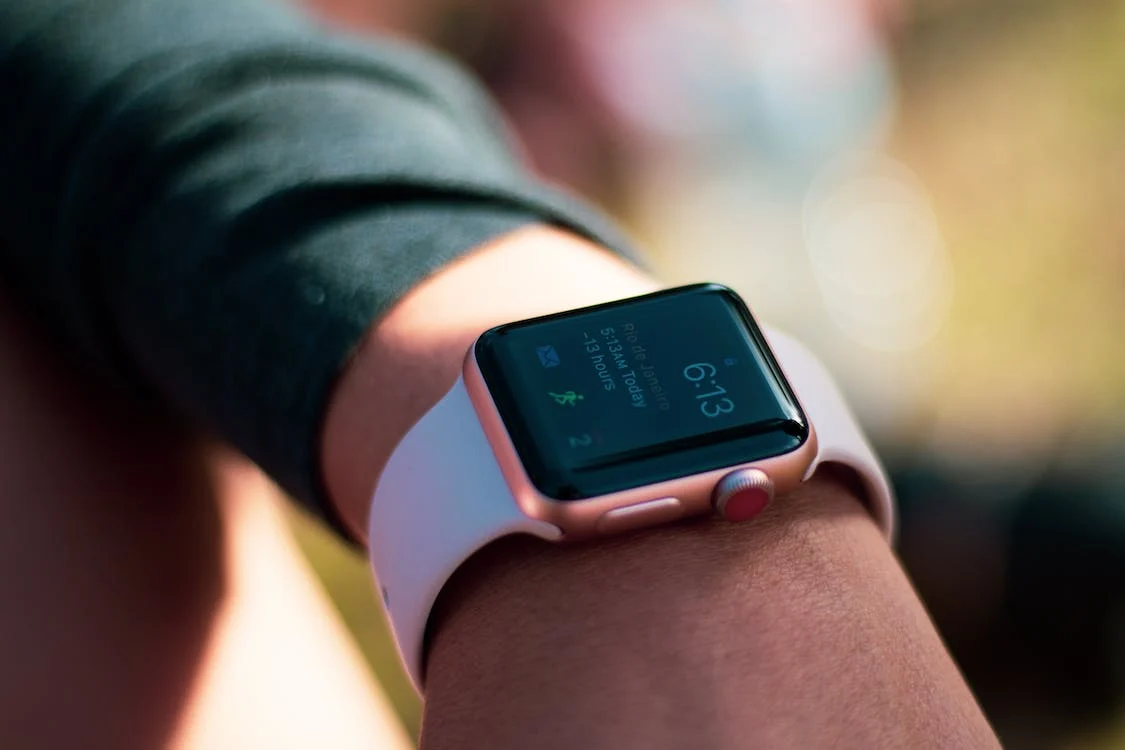Wearable technology monitors your body’s health and gives you fitness tips in the middle of your workout. Social media apps that connect friends and spread stories over vast geographic distances separate their thousands or millions of users. Recruits are eagerly sharing their stories and data on the internet. What do all of these things have in common?
They’re all tech-driven cultural changes that pose severe threats to national security professionals. Here’s how the latest cultural fads and the technology that has enabled them are threatening national security standards worldwide.
The Army is banning certain apps
Under guidance from the Pentagon, the Army recently followed the Navy in announcing that it was banning certain apps from government-owned phones. The ban’s primary focus is the TikTok app, famous for letting users create short, funny videos that can quickly go viral.
The United States military is considering certain apps to be national security threats for a good reason; they can collect data that can be exploited in many ways. In many instances, they have ownership or developmental ties to foreign adversaries. TikTok is a Chinese-owned company, so the possibility that IT breaches could occur on phones or other devices with the TikTop app installed warranted the security decision.
The Army isn’t only worried about troops using certain apps, either; specific hardware that’s just emerged in a commercially viable way these past few years is now proving itself to be a potential national security headache. The ever-growing trend of wearable fitness sees countless companies putting GPS trackers and other sensory devices on watches or inside of clothing to help users achieve their fitness goals. A side effect of this trend is that soldiers who use wearable technology to get in shape could be giving away sensitive data, which can easily be exploited by enemies abroad. Route planning software analyzes location data which can be a security concern.
A DoD policy banned specific fitness devices for precisely this reason. It’s only natural that TikTok and apps like TikTok should be prohibited by the DoD from government-owned phones, as security threats from these software and hardware innovations have proven to be accurate and worthy of consideration.
The DoD only needs to worry about these threats in the first place because of cultural trends; the desire to go viral and the hilarity that can ensue from partaking in the latest trends incentivizes young soldiers and service members of every stripe to join in on the fun. In doing so, they may inadvertently be making themselves and the country more vulnerable.
We should expect similar changes in the future; the Army is already closing monitoring the smartphone usage of its recruits, for instance, as all United States military branches are being faced with an unprecedented plethora of recruits who have been nursed and raised on technology their entire lives. More thorough and careful social media policies will be needed sooner rather than later, and hardware and software policies will constantly be evolving to ensure the latest cultural trends don’t jeopardize national security.

